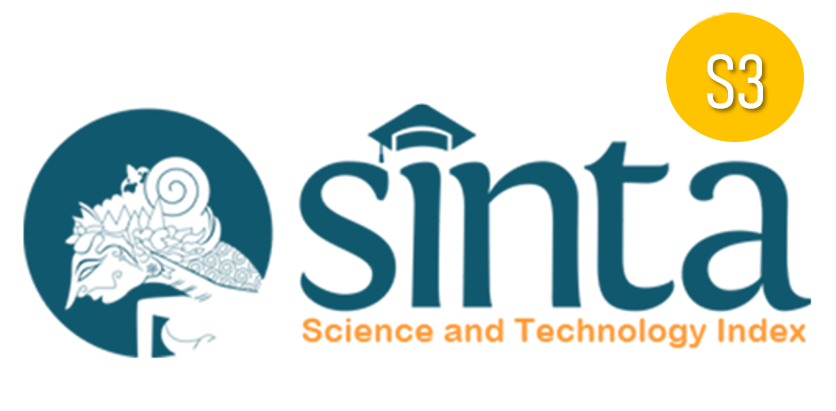Abstract
The main purpose of this study was to investigate the performance of the students in the new normal through observational and instructional learning. This study used a quantitative research design to make it possible and achievable. The researchers choose a descriptive – correlational design to correlate the difference between the levels of performance in the observational and instructional learning of the Bachelor of Physical Education students in Sultan Kudarat State University ACCESS CAMPUS. The study used the total population sampling in determining the samples of the study. The researchers have surveyed all the students of Bachelor of Physical Education 2nd year with a total of 33 participants in Sultan Kudarat State University and used a survey questionnaire via Google forms provided by the researchers following the new normal protocol. The results revealed that observational learning was rated very high as most of the respondents strongly agree with the use of observation. The instructional learning was rated high that most of the students rely on both observation and instruction given by the teachers. The students increase the overall performance and have a big effective contribution in acquiring and imparting knowledge and skills to the students despite the new learning. Our analysis showed that there is no significant difference between observational and instructional learning in the level of the performance of the students, therefore, the observational and instructional learning in the new normal has a greater contribution in assessing students’ performance.
Keywords
Face-to-face classes; Instructional learning; New Normal; Observational learning; Students’ performance
References
Ancheta, R., and Ancheta, H. (2020). The new normal in education: A challenge to the private basic education institutions in the Philippines. International Journal of Educational Management and Development Studies, 1(1), 1-19.
Bajcar, E. A., and Bąbel, P. (2018). How does observational learning produce placebo effects? A model integrating research findings. Frontiers in Psychology, 9, 2041.
Kniep, J. I. S. K. A., and Janssen, T. A. N. J. A. (2014). Effects of observational learning on students’use of and attitude towards reading and learning strategies. L1-Educational Studies in Language and Literature, 14, 1-21.
Laguna, P. (2000). The Effect of Model Observation versus Physical Practice during Motor Skill Acquisition and Performance. Journal of Human Movement Science, 39, 171-191.
Pokhrel, S., and Chhetri, R. (2021). A Literature Review on Impact of COVID-19 Pandemic on Teaching and Learning. Higher Education for the Future, 8(1), 133–141.








.png)




